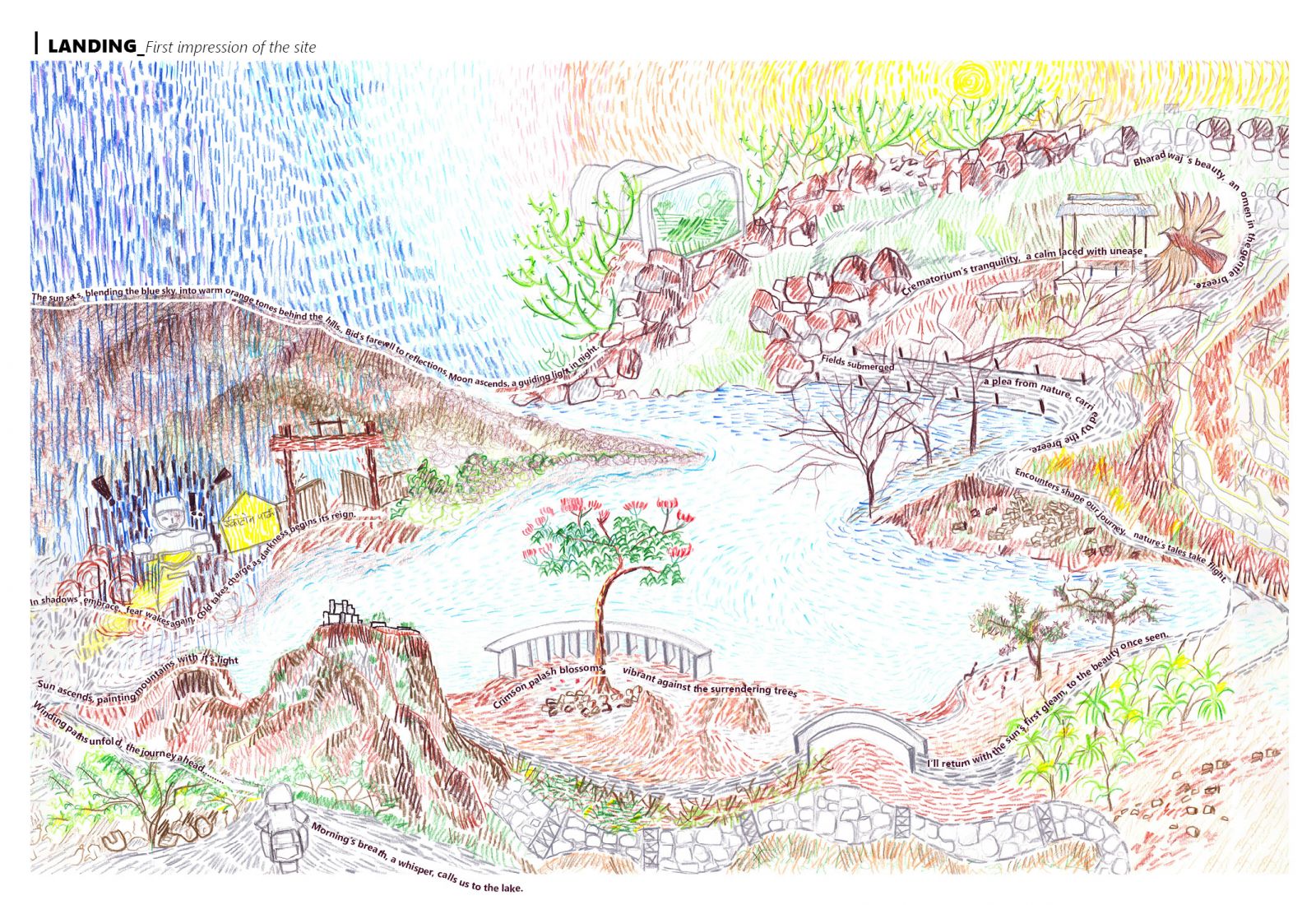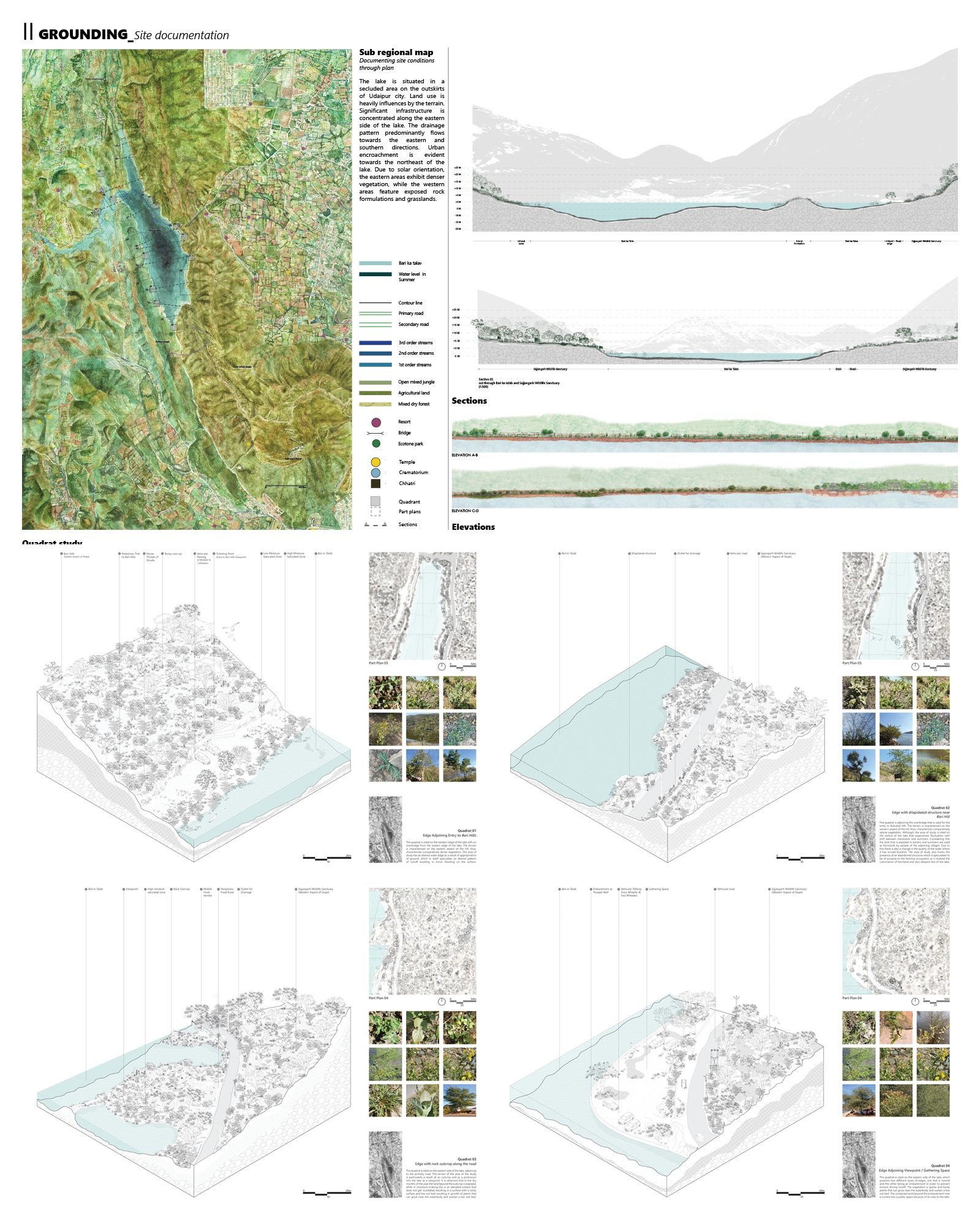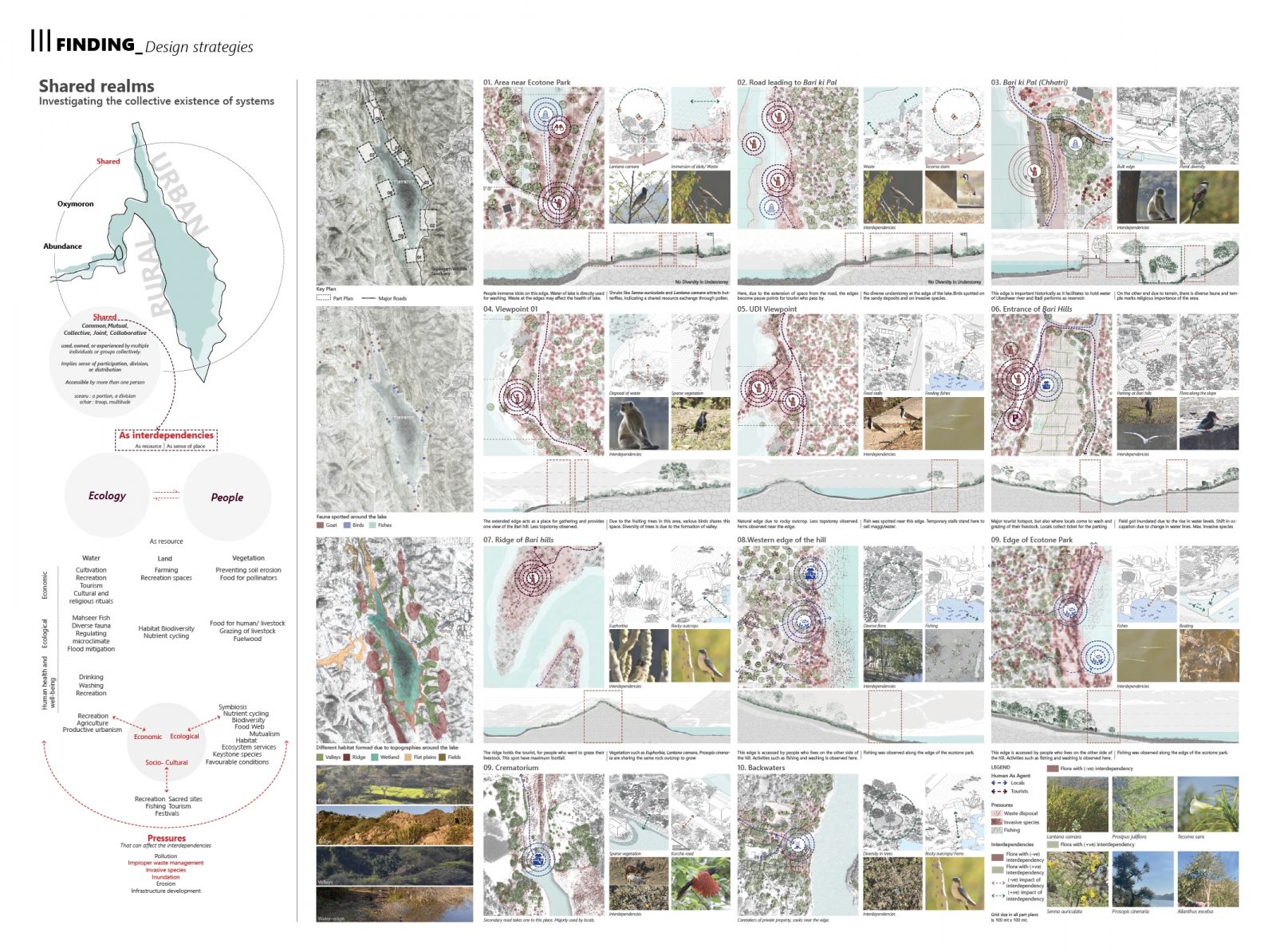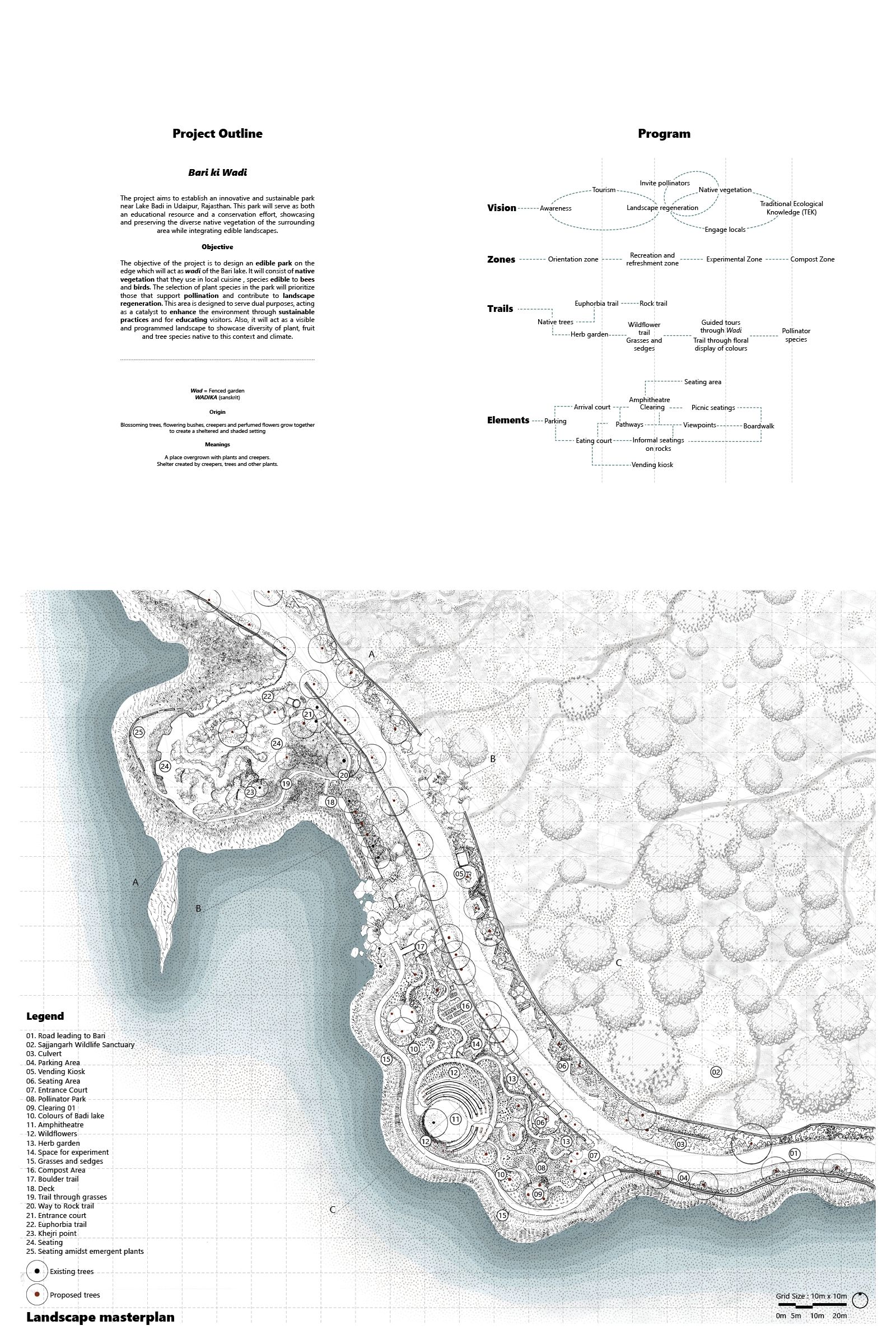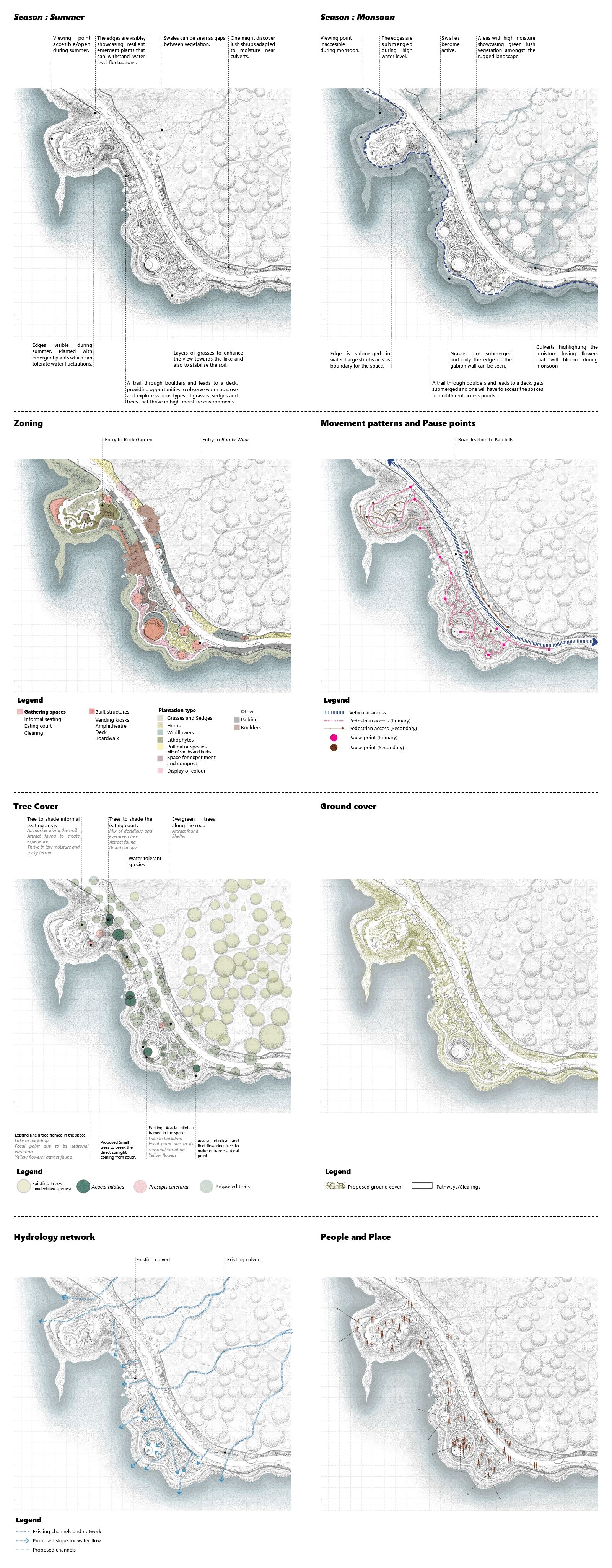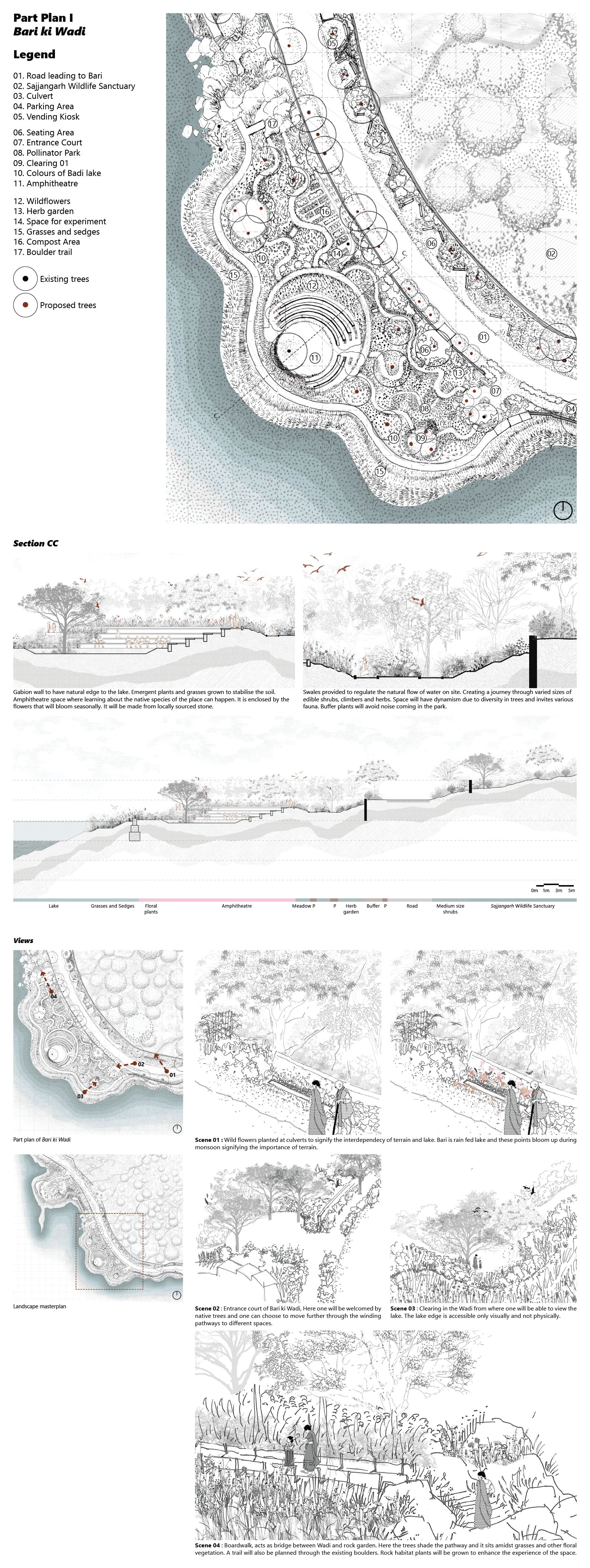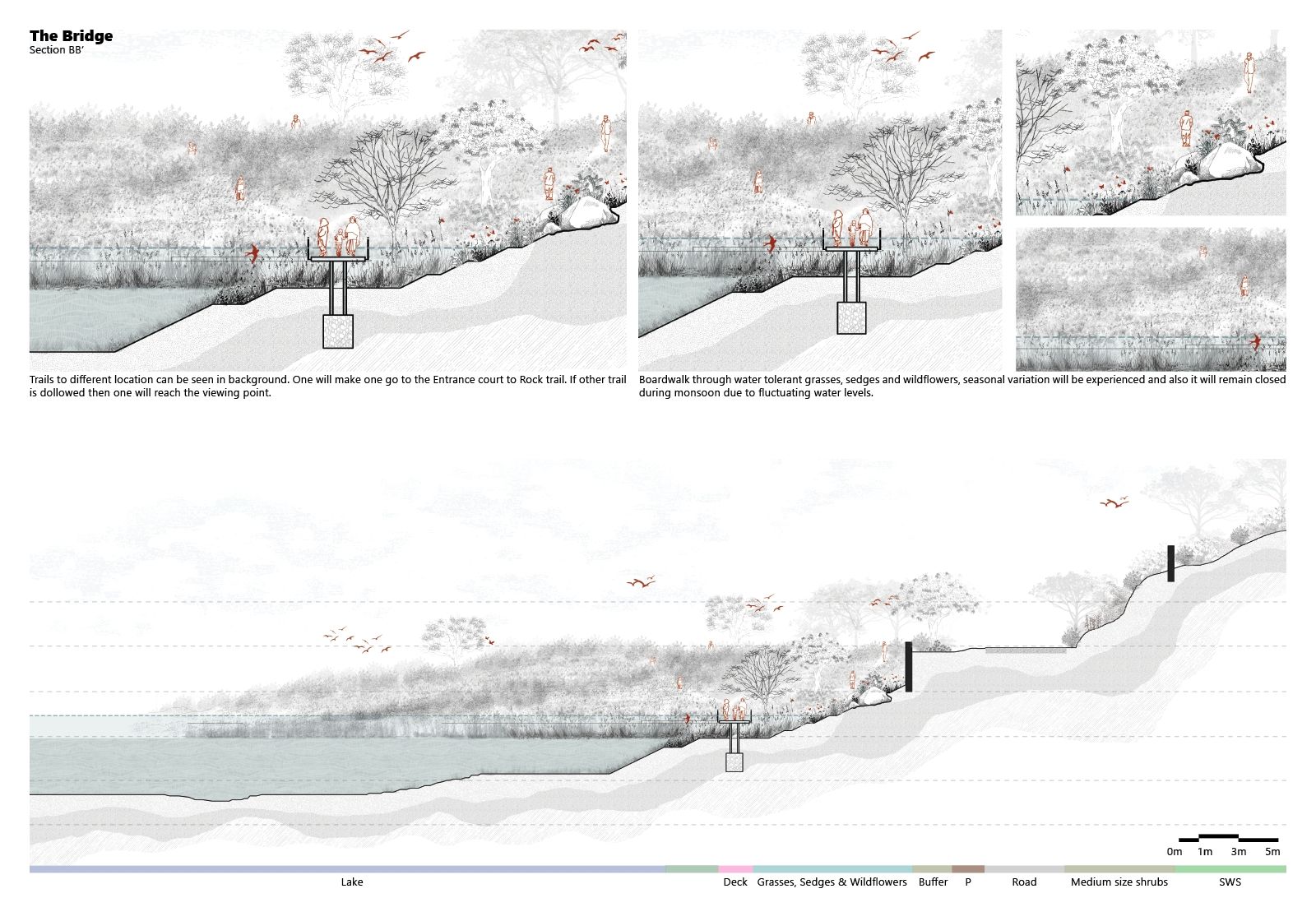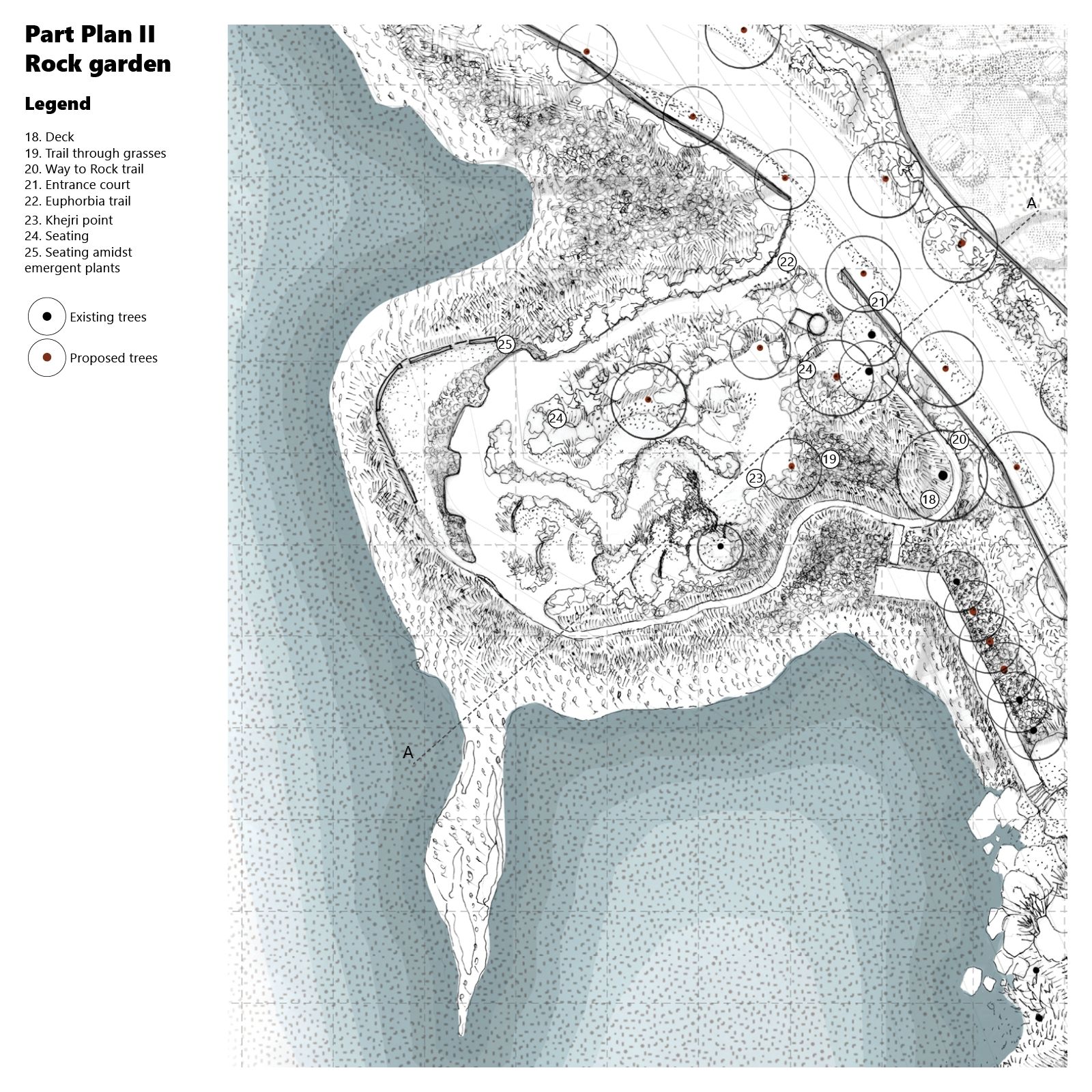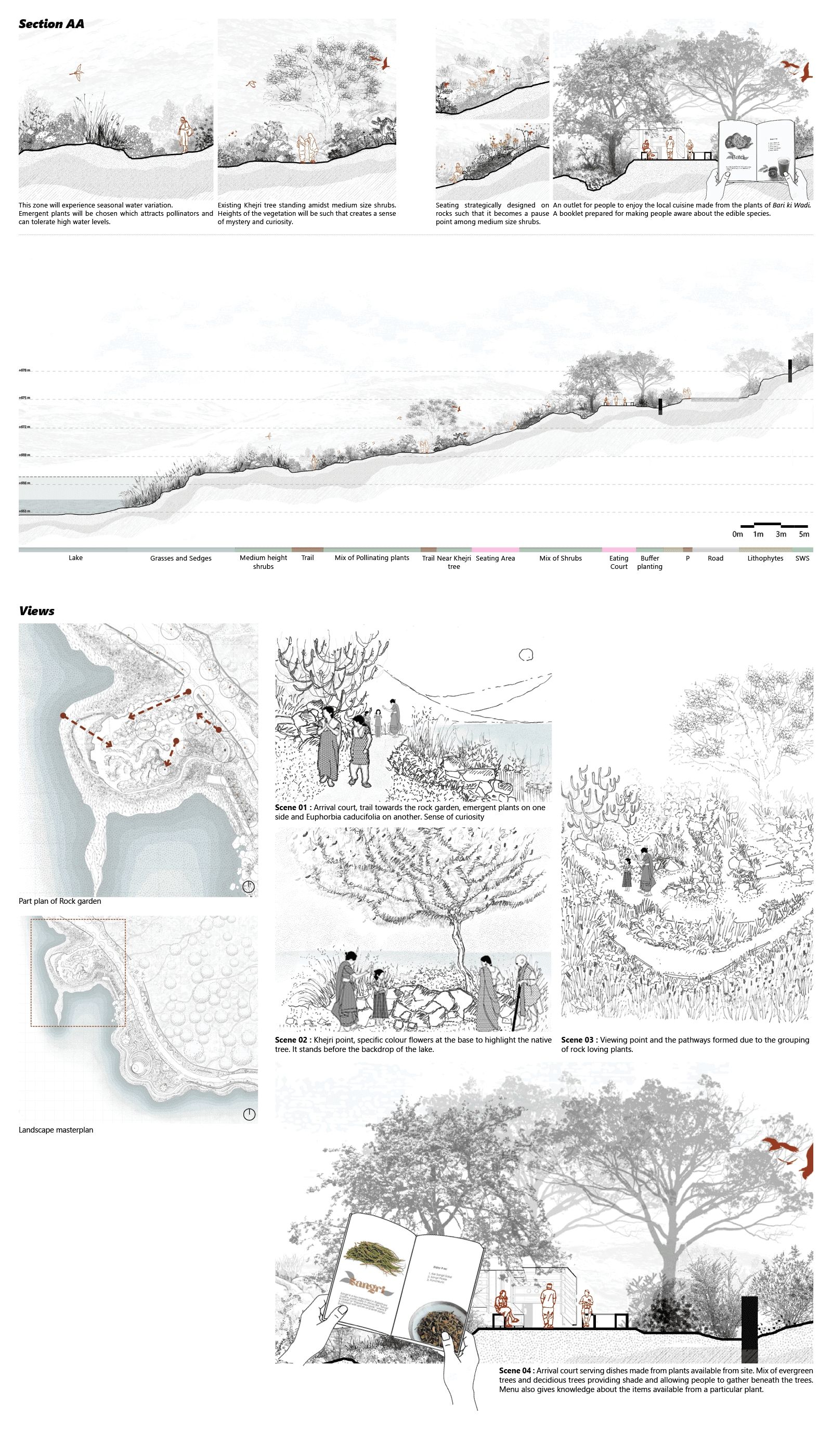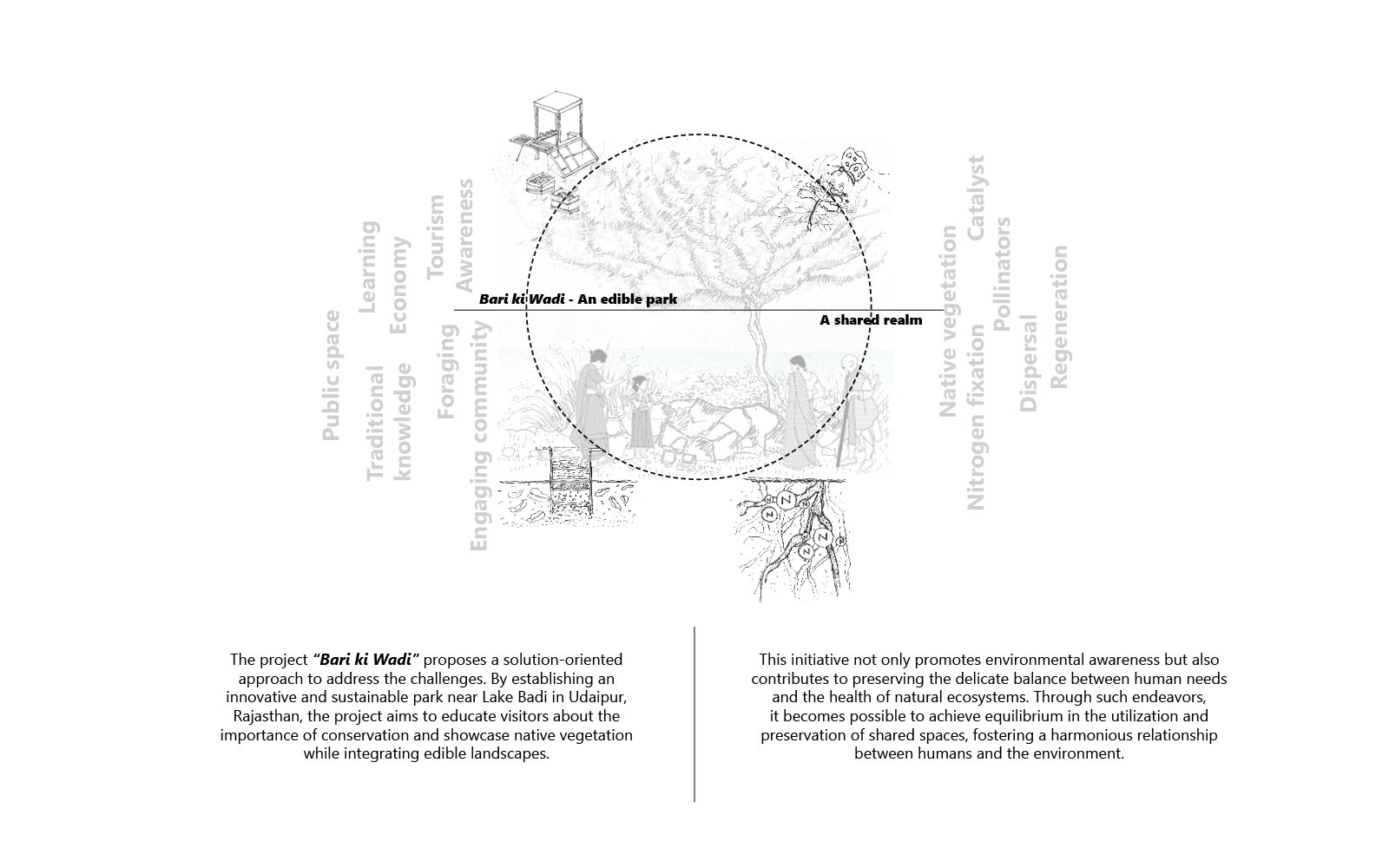Your browser is out-of-date!
For a richer surfing experience on our website, please update your browser. Update my browser now!
For a richer surfing experience on our website, please update your browser. Update my browser now!
“In Nature, nothing exists alone.” - Rachel Carson
The lake, born from human ingenuity and necessity, serves as a lifeline for the surrounding communities, providing water for irrigation, sustenance, and recreation. For every action, whether the construction of a dam or the cultivation of crops, degradation due to invasive species sends ripples across the landscape, altering ecosystems and reshaping the intricate web of interconnections that bind us all. The concept of shared extends beyond mere physical space to encompass interdependencies that bind together various elements of ecosystem. Parallelly extracting water, drawing out rich soils, traces of waste along the edge , washing clothes, grazing, and increase in tourist influx can be seen within the site. Some of these activities if not managed can be detrimental to the health of the lake and can have lasting negative implications.
The project’s central objective is to establish equilibrium between the utilization and preservation of the shared spaces. The project Bari ki Wadi, one of the demonstrations of a larger concept of shared realms is presented. The project aims to establish an innovative and sustainable park near Lake Badi in Udaipur, Rajasthan. This park will serve as both an educational resource and a conservation effort, showcasing and preserving the diverse native vegetation of the surrounding area while integrating edible landscapes.
